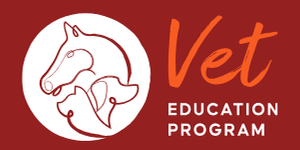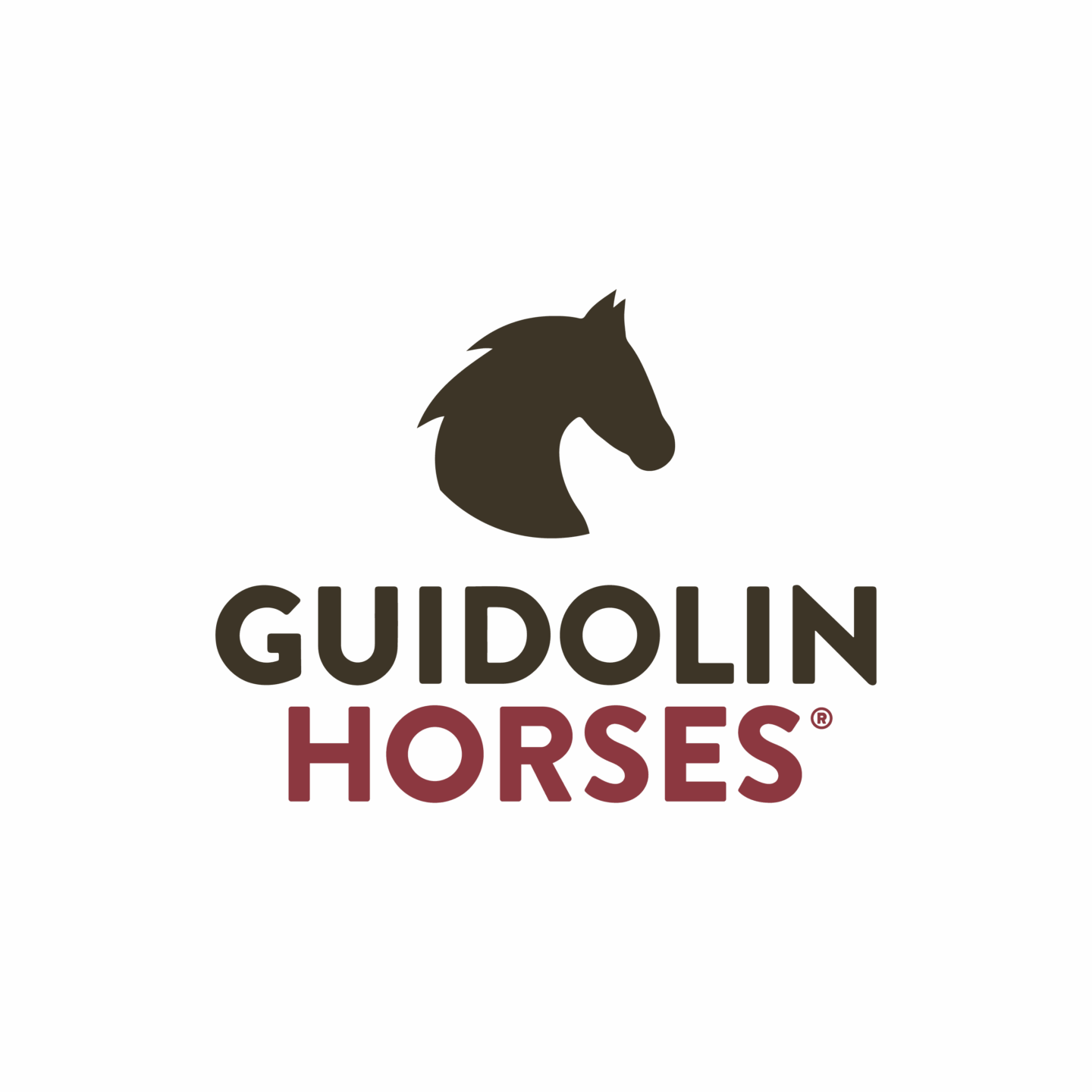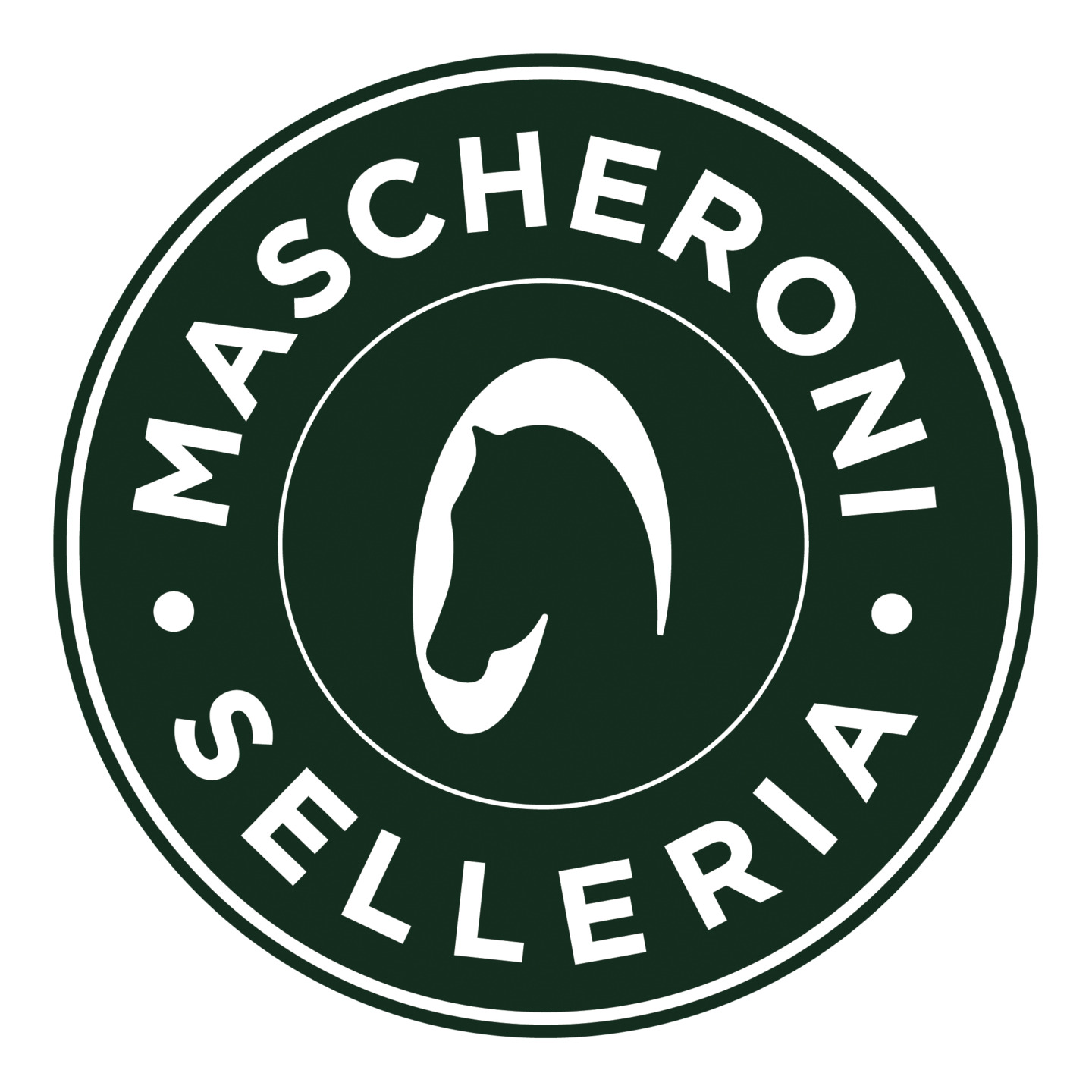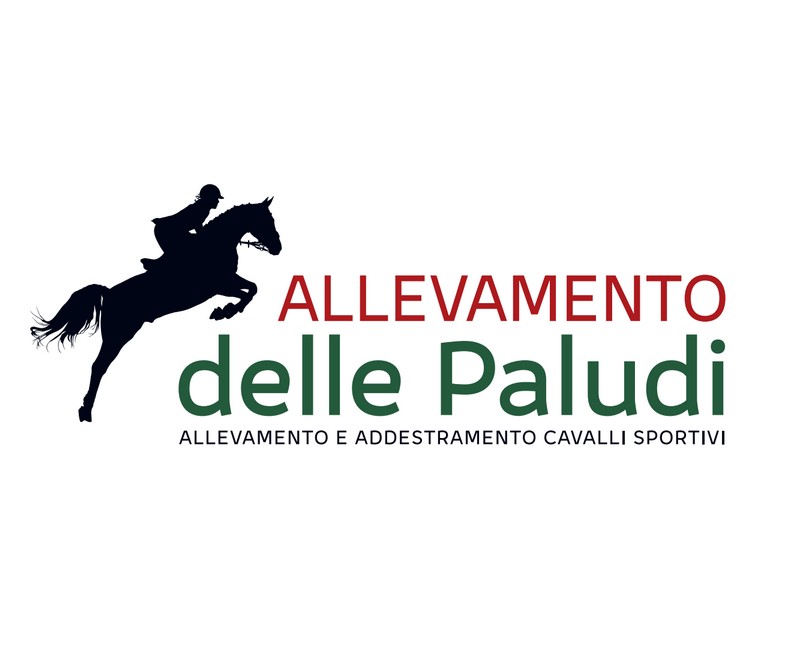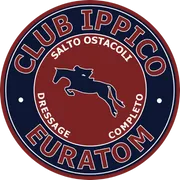Nutrition: how much do I feed my horse?
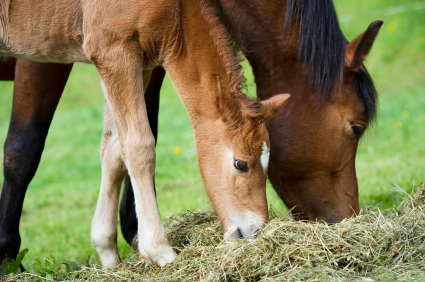
We may not always be certain that our horse is being given the correct daily food dosage, and this perhaps leads us to going over the top in our bid to ensure no mistakes are made and our horse is properly nourished.
Let’s take a step back though and take the example of a horse that lives in the wild. In this scenario, it would pass almost the entire day eating with the exception of breaks for moments of play, communication with fellow horses and of course rest.
To continue, a horse’s diet has a massively important role in its overall health, just like in humans. But as hinted at above, one of the prime mistakes a novice can make is providing too much food to our equine friends. Here below we try and shed some light on the subject.
Horses that live in stables will spend most of their time staying there in the shelter which means that digestion and taking on board all the food consumed is no easy task. Exceptions can be made however for the luckier and more athletic ones.
A horse by definition is a four-footed herbivore. It has a small stomach while it possesses a very developed intestine. What’s more, a horse’s stomach has a capacity ranging from 12 to 15 litres: a very low amount in relation to the total weight of the animal.
The staple food for a horse is usually hay and the digestion of it often takes place quickly. Having said that, each type of hay can have different times depending on the type of cut while times can increase if horses are given other types of feed, such as cereals, by around an hour.
There are various ways to feed horses and the most common is to ration the entire meal in stages over the day. This facilitates the proper digestion and also has the benefit of reducing periods of boredom for the horse.
Once you have identified the right dosage, perhaps with the assistance of a vet or a nutrition expert, all that remains is to repeat the daily habit, which is often also very rewarding, of feeding your horse.
A warning though. It’s important to remember that horses, by nature, develop habits. Its very existence is marked by unnatural trends imposed by humans and our intervention which inevitably affects their lives.
Therefore we have to try and respect its biological clock as much as possible. This could be the right way to show our gratitude for all the satisfaction that horses often give us, both in the competitive and non-competitive field.



